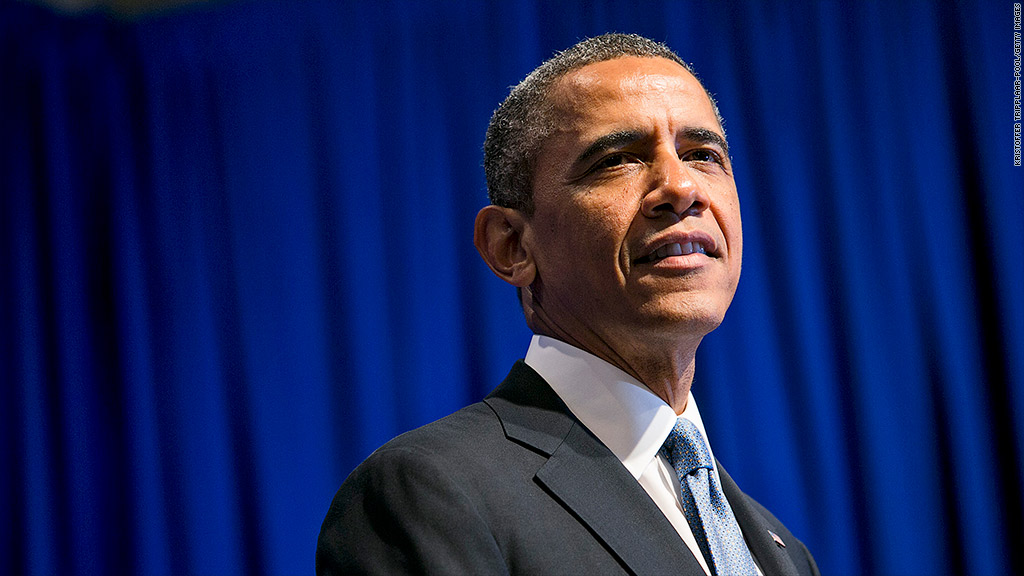
President Obama on Wednesday gave the first of several speeches this summer that he hopes will get people -- and, in particular, lawmakers in Washington -- talking about fostering a stronger middle class for the long run.
"With an endless parade of distractions, political posturing and phony scandals, Washington has taken its eye off the ball. And I am here to say this needs to stop. Short-term thinking and stale debates are not what this moment requires," Obama said during his address at Knox College in Galesburg, Ill.
The president laid out ways he'll act on his own to help the middle class if Congress won't go along. But there will be a host of distractions that may prevent Obama and his aides from staying above the fray for long given Congress' critical fiscal to-do list this fall.
Approve funding for 2014: The House and Senate have each passed their own budgets for the next fiscal year. But they're $91 billion apart in terms of spending and there are no signs that the difference will be reconciled between the two chambers.
So the expectation has been that Congress will do what Congress has done often in recent years: pass a temporary funding bill by Sept. 30 to prevent a government shutdown on Oct. 1, the first day of fiscal 2014.
Or not, if Republicans and Democrats can't broker their differences on spending levels.
The White House budget office, meanwhile, has repeatedly said it would recommend the president veto spending bills that "require draconian cuts to middle-class priorities."
Decide sequester's future: Barring action by Congress, the magnitude of the 2013 across-the-board spending cuts will be preserved next year and $19 billion more will need to be cut from defense and domestic "discretionary" spending, which funds a vast number of programs and agencies from national parks to the FBI.
The only difference between this year and next, however, is that lawmakers and agencies will have more flexibility in how the spending is cut.
Raise the debt ceiling: The Treasury Department has already embarked on "extraordinary measures" to keep the country's accrued debt below its legal borrowing limit.
But those measures won't last forever. The Bipartisan Policy Center estimates that the jig will be up sometime between mid-October and mid-November, at which point Treasury will no longer be able to pay all the country's bills in full and on time if it's prevented from borrowing new money from the markets.
It will only be able to do so if lawmakers agree to raise the debt ceiling.
The Obama administration has said it won't negotiate any quid pro quos to win Republican votes to raise the ceiling. And Republicans will demand a quid pro quo for doing so, especially if the Democrats demand that the rest of the sequester be canceled.
In the past, the GOP has required spending cuts that top any debt ceiling increase -- the so-called Boehner rule. This time around, the message has been mixed. On the one hand, given how much discretionary spending has already been cut, the expectation is the GOP will demand other fiscal reforms -- to the tax code or the major entitlement programs or both.
On Tuesday, however, House Speaker John Boehner didn't rule out anything.
"We need significant cuts in spending if we're going to replace the sequester and extend the debt limit," Boehner said. "I believe that the so-called Boehner rule is the right formula for getting that done."


